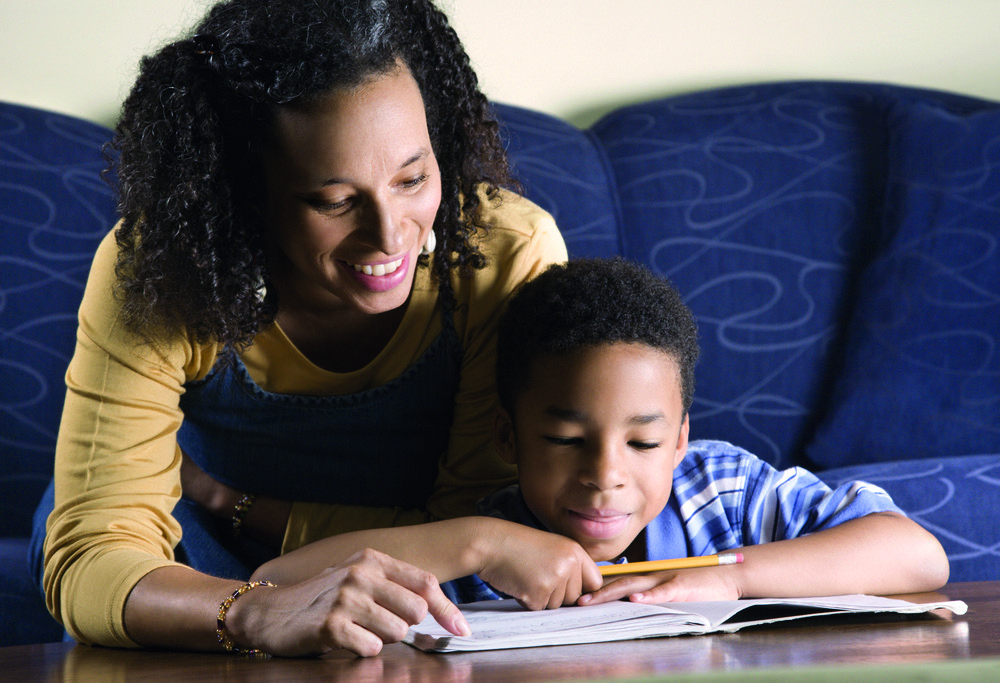By Bob Kisiki
No one wants a bad result. An expecting mother does not look forward to a stillbirth. A farmer does not anticipate anything, but a bumper harvest. Soldiers going to war, despite knowing that there is an enemy they are going to engage, hope for one thing – subduing the enemy and coming off the battlefield victorious. And when a learner sits for an examination, the one thing they want is, at the end of the season, to have excelled. A strong division one grade. A promissory note that they are going to the next level. Evidence that they did not waste their (and their parents’) time, studying those seven (for primary school), four (for O’level) or two (for A’level) years.
Unfortunately, life is rife with cases of defeated armies coming home crestfallen. It is replete with mothers leaving hospital with their babies wrapped up and sealed in little caskets. We see many farmers cutting up the entire crop for burning, without going through the stage of harvest. We have known cases where medical practitioners, eyes averted and hands twiddling with their gowns, mumble their failure to keep a patient alive, saying, “We are sorry, we did our best.”
And that right there is the truth. All those people (well, with a few exceptions, in obedience to the age-old rule) put in their best, knowing that only the very best can yield the desired result. Yet what happens? They fail to hit the mark. Now the question is, if we do not deride the vanquished soldier and the mother whose baby did not live and the doctor who could not keep the patient alive and the farmer with the failed crop, why do some people think that the child who falls short of a certain grade is a failure? Why, people?

On Wednesday last week, news floated about of a young girl in Hoima, who had taken her own life, after family members and villagers scoffed at her for having got aggregate 28 in the recently-released Primary Leaving Examination results. That poor 13-year-old little girl, Daphne Kimuli, was part of the many children affected by the long COVID-19-induced lockdown that grossly disrupted children’s education, and we cannot tell the full circumstances under which she wrote her final exams. But what happened? People who had not sat those exams either for or with her chose to make it her fault that she had not excelled, ultimately driving her to commit suicide. Pictures of her body dangling at the end of a rope, behind a house (possibly their family house) went viral. Why? Because the nation was genuinely shocked at this story.
While parents and other caregivers have expectations of their children, probably because of the investment they make, paying tuition fees, they should not take away the children’s peace when they do not hit the expected mark. It is worse for urban parents who, even when a child passes in div. 1, they still grumble, asking, “Why did you get 11 in 8? Why, Kirabo?” But aggregate 11 in the best done eight subjects is a sterling performance! Instead of blaming the child, sit down with them and discuss what could have been behind their performance. Tell them you are disappointed if you believe they whiled away their chances, but support them, anyway. It is your child for goodness’ sake.
The writer is a parenting counsellor and teacher









Leave feedback about this